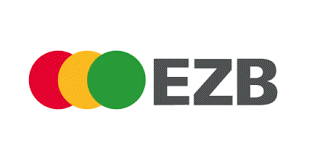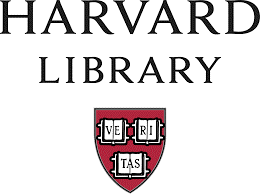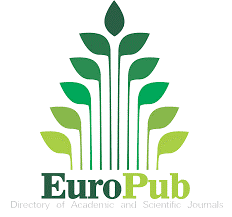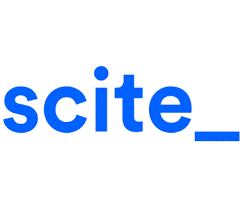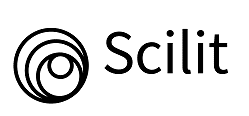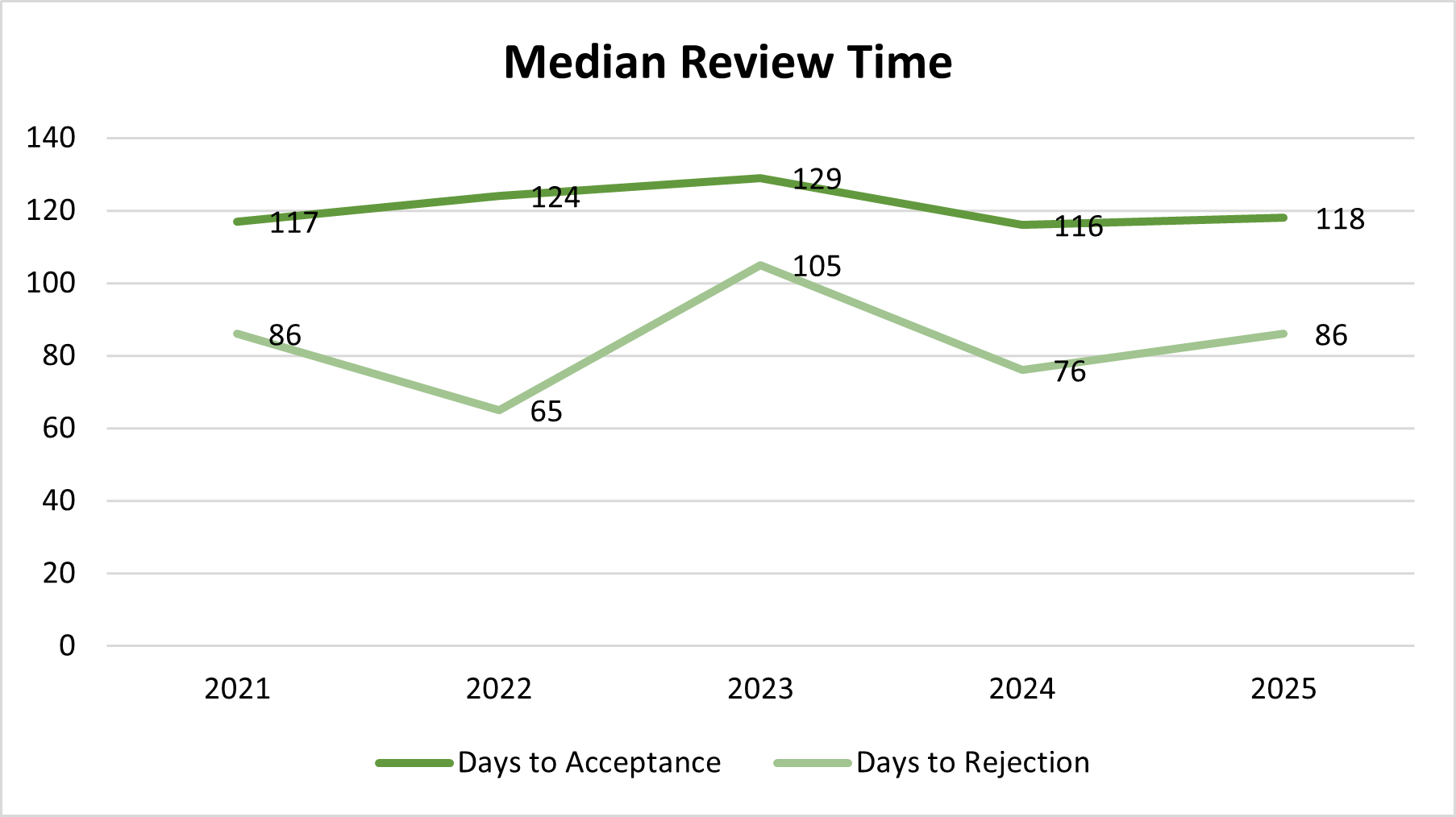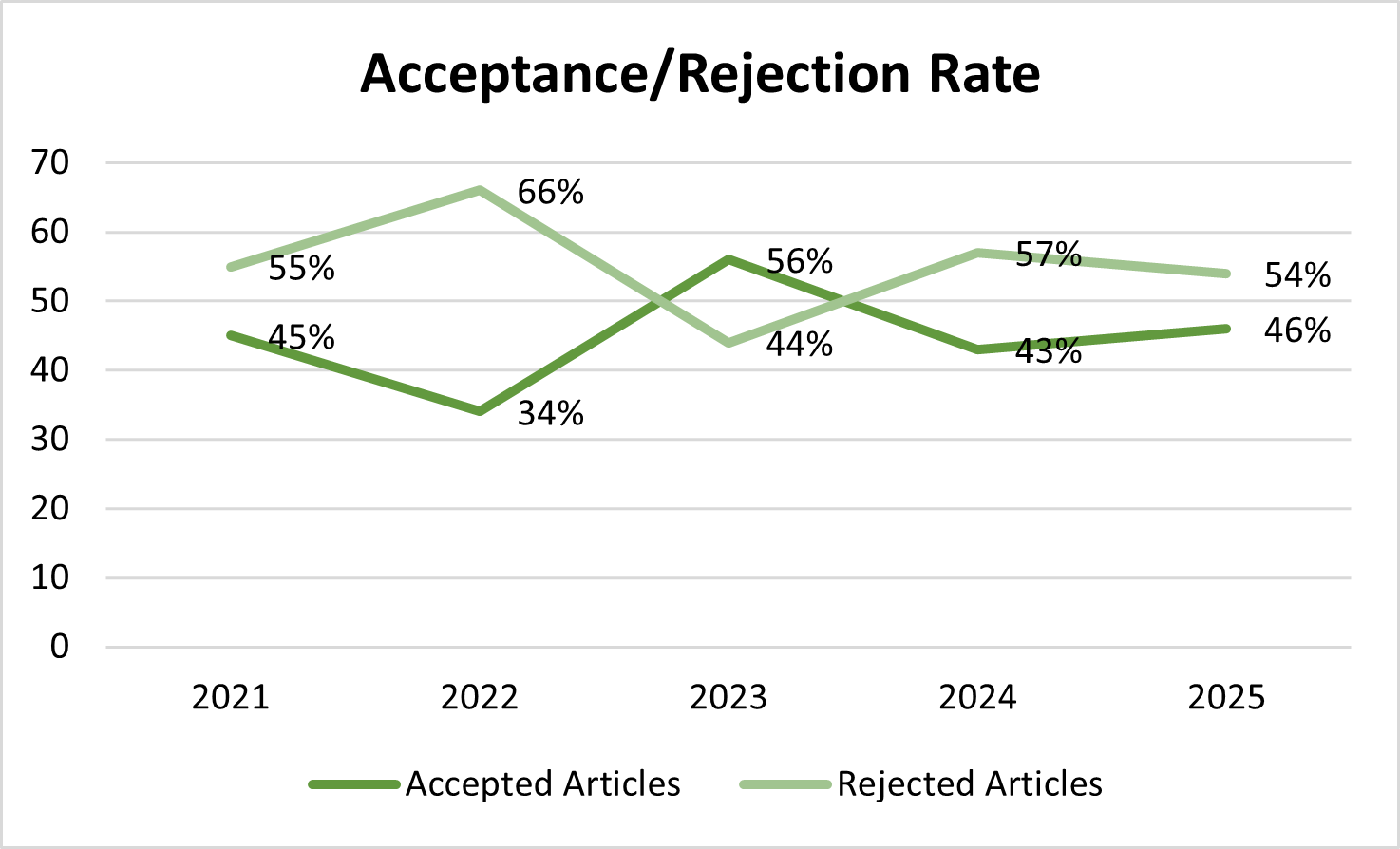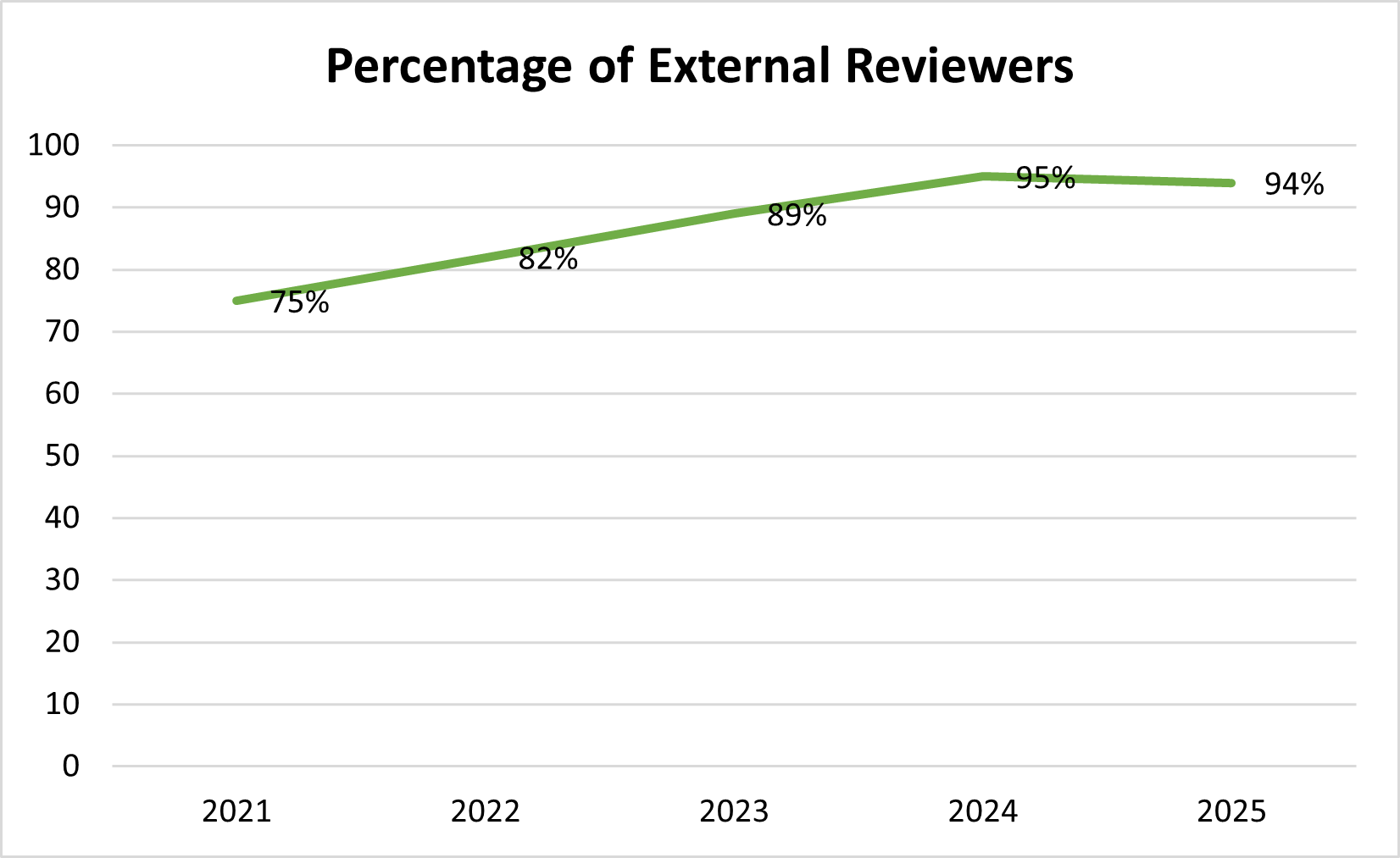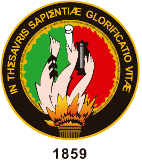About the Journal
- Focus and Scope
- Objective, Mission, and Vision
- Thematic Areas
- Publication Frequency
- Editorial Aspects
- Types of Submissions
- Editorial Process and Peer-Review System
- Code of Ethics
- Open Access Policy
- Copyright
- Preservation Policy
- Interoperability Protocol
- Metadata
- Article Citation
- Editorial Publisher
Focus and Scope
Bosques Latitud Cero is an indexed, open-access scientific journal, published semi-annually in digital format by the National University of Loja, Ecuador. Its multidisciplinary scope covers environmental sciences, forestry, and renewable natural resources, providing a space for the transfer of results and the dissemination of specialized knowledge. The journal is aimed at society, academia, the scientific community, as well as professionals and researchers interested in deepening their knowledge in these fields.
The journal was founded in 2005, initially publishing one or two issues per year. In 2014, it migrated to the OJS platform, which allowed for the modernization of its editorial management. Since 2016, it has maintained uninterrupted semi-annual publication, consolidating two issues per year. During this process, it adopted international models for publication management, such as double-blind peer review and the expansion of other editorial policies.
Policy on Special Issues: Bosques Latitud Cero does not publish special issues or thematic monographs. All articles are published exclusively in regular issues, in accordance with the established semi-annual editorial calendar.
e-ISSN: 2528-7818 Publisher: Universidad Nacional de Loja
Objective, Mission and Vision
- Objective
To promote the publication and dissemination of original scientific research and critical reviews in the fields of environmental, forestry and renewable natural resources. The journal fosters the transfer of results and open access to knowledge through a multidisciplinary approach and a rigorous editorial process that contributes to academic advancement, sustainable development, and the strengthening of links between science, society, and both local and international contexts.
- Mission
To disseminate academic and scientific activities in the fields of environment, conservation, natural resource and forest management, developed both within and beyond the Universidad Nacional de Loja, promoting open and barrier-free access to knowledge.
- Vision
To become a high-impact journal recognized for its editorial quality, commitment to academic excellence, and contribution to the development of knowledge within its thematic scope.
Thematic Areas
Bosques Latitud Cero accepts and publishes scientific articles in the following thematic areas:
Environmental and Forestry Sciences
- Biodiversity and Conservation
- Studies on biological diversity in forest ecosystems.
- Conservation of native species and management of protected areas.
- Climate Change
- Impact of climate change on forests and natural resources.
- Mitigation and adaptation strategies.
- Silviculture
- Sustainable management of native forests and plantations.
- Restoration and rehabilitation techniques for forest ecosystems.
- Agroforestry and Silvopastoral Systems
- Integrated agroforestry production systems.
- Sustainable pasture management and its interaction with forest ecosystems.
- Forest Production
- Management and utilization of timber and non-timber forest products.
- Innovative technologies for the forest industry.
- Water Resources and Watershed Management
- Integrated management of watersheds and water resources.
- Impact of forestry activities on water availability.
- Forest Genetics and Breeding
- Genetic improvement of forest species.
- Biotechnology applied to forestry.
- Forestry Pests and Diseases
- Integrated pest and disease management.
- Impact of pathogens on forest systems.
- Ecological Restoration
- Techniques for recovering degraded ecosystems.
- Economy and Trade of Forest Products
- Market analysis and value chains of forest products.
- Public policy and its impact on forest trade.
Other Areas Related to Renewable Natural Resources
- Environmental sciences applied to natural resource management.
- Technological innovations in the forestry industries.
Publication Frequency
Bosques Latitud Cero is published semi-annually. Each annual volume is divided into two regular issues, corresponding to the periods January–June and July–December. Issues are released within the first twenty (20) days of January and July, respectively, in accordance with the established editorial calendar. The journal does not edit or publish special issues or thematic monographs; all articles are published exclusively in regular issues.
Editorial Aspects
- The journal is currently published and distributed in two digital formats: PDF and HTML
- Ciencias ambientales aplicadas a la gestión de recursos naturales.
- Manuscripts are accepted in Spanish or English
- The platform is available for manuscript submission and updates at any time.
- Access to the content does not require subscriptions, payments, or prior registration.
Types of Submissions
Bosques Latitud Cero accepts, evaluates, and publishes original scientific contributions in Spanish and English. The following types of submissions are accepted:
- Scientific Articles
Original research presenting complete and conclusive results from theoretical, experimental, or field studies. These articles must demonstrate methodological rigor, scientific relevance, and a clear contribution to knowledge in areas such as environmental, forestry, agricultural, agropecuary sciences, and renewable natural resources. They must not exceed 15 pages.
- Review Articles
Critical and up-to-date analyses on the state of knowledge in a specific topic.They do not present original data but offer a synthesis of previous research, identify gaps, highlight trends and methodologies, and propose new perspectives for study. They must not exceed 15 pages.
- Technical-Scientific Notes
These are brief publications that present original and relevant contributions on methodologies, technical procedures, applied innovations, or preliminary results with potential impact in the environmental, forestry, and renewable natural resources fields. They must not exceed 15 pages.
- Technical-Scientific Guides
Documents prepared by experts aimed at guiding the practical application of scientific knowledge. They may address technical procedures, sampling methodologies, species management, resource conservation, or best practices applied in the journal's field of study. They must not exceed 50 pages.
Peer Review System
Bosques Latitud Cero employs a double-blind peer review process, ensuring that both the authors' and reviewers' identities remain anonymous throughout the evaluation.
Editorial Process
This encompasses the systematic and structured stages a manuscript undergoes from submission to publication, managed through the Open Journal Systems (OJS) platform.
The Editorial Committee reserves the right to reject articles at any stage of the process.
Submission and Preliminary Evaluation
The Editor conducts an initial assessment of the manuscript to verify its adherence to the journal's guidelines, including subject matter and format. This includes plagiarism detection and verification of author information such as affiliation, ORCID, email, and metadata in OJS.
External Peer Review
Manuscripts passing the preliminary evaluation are subjected to external peer review under the double-blind system. Two or more experts in the article's thematic area are selected to ensure critical, impartial, and constructive evaluations.
- Peer Review Procedure (Double-Blind)
The double-blind peer review process at Bosques Latitud Cero involves assigning the manuscript to external reviewers without disclosing the identity of the authors, and without the authors knowing the identity of the reviewers. Reviewers assess the manuscript based on its originality, methodology, results, and scientific relevance, using a structured evaluation form as a guide. To ensure transparency and impartiality, a check is conducted prior to each assignment to confirm there are no conflicts of interest between authors and reviewers.
Editorial Decision
Based on reviewers' recommendations, the Editor makes a decision on the manuscript, which may be:
- Accept Submission: The article is approved without modifications.
- Accepted with Modifications: Requires minor adjustments (formatting) before acceptance.
- Resubmit for Review: Needs substantial modifications (content) to be reconsidered.
- Reject Submission: The article does not meet the required standards and is rejected.
In cases of conflicting evaluations, a third review may be requested to ensure a balanced decision
Communication and Revision of Modifications
Authors receive reviewers' comments and, if necessary, make pertinent corrections, providing modifications in response to each observation.
Publication
Once approved, articles are formatted and published digitally on our platform, ensuring accessibility and dissemination to the scientific community and the general public. The Editorial Committee reserves the right to determine the publication order, editorial content, as well as the volume and issue in which articles will be included.
Peer Review Process Transparency
In Bosques Latitud Cero, all manuscripts undergo a double-blind peer review process with at least two external reviewers.
- Average number of review rounds per article: 2
- Evaluation form: Reviewers use a standardized matrix that ensures uniform criteria in the assessment of the manuscript. The form can be consulted here.
Code of Ethics
Bosques Latitud Cero commits to upholding the highest ethical standards at all stages of the editorial process. All parties involved—authors, editors, reviewers, and the editorial team—must adhere to principles of integrity, transparency, and accountability. Adheres to the internal code of ethics of the Universidad Nacional de Loja and follows the Committee on Publication Ethics (COPE) Code of Conduct, applicable to editors, reviewers, and authors. Freedom of expression is promoted within the principles of academic integrity, respect for diverse opinions, and responsibility in knowledge dissemination.
Authors' Commitments and Responsibilities
Authors submitting manuscripts must:
- Originality and Plagiarism: Ensure that articles are original, unpublished, and do not contain fragments from other authors or previously published works in any language. They must also confirm the accuracy of the data presented and properly acknowledge the sources used. Refer to the Anti-Plagiarism Policy for more details.
- Multiple or Redundant Publication: Avoid simultaneous submission of manuscripts describing essentially the same research to multiple journals.
- Authorship and Contributions: Include as co-authors only those who have significantly contributed to the conception, design, execution, analysis, or interpretation of the study. All co-authors must review and approve the final version of the manuscript.
- Acknowledgment of Sources: Respect intellectual property rights and obtain appropriate permissions to reproduce third-party material.
- Disclosure and Conflicts of Interest: Declare any conflicts of interest that may influence the results or interpretation of the study.
- Fundamental Errors in Published Works: Immediately notify the editorial team if a significant error or inaccuracy is identified in the published article, providing necessary information for corrections.
Reviewers' Commitments and Responsibilities
Reviewers play a crucial role in the arbitration process and must:
- Contribution to Editorial Decisions: Provide critical, impartial, honest, and constructive evaluations based on scientific arguments, assessing both the scientific and literary quality of the manuscript.
- Confidentiality: Treat received manuscripts as confidential documents, not disclosing their content without explicit authorization from the editors.
- Timeliness: Comply with the established deadlines for the review process and promptly notify the editors if unable to complete the evaluation.
- Objectivity: Avoid personal or derogatory criticisms and base judgments on clear and objective arguments.
- Acknowledgment of Sources: Identify relevant works not cited by the authors and alert about any similarity or overlap with known works.
- Disclosure and Conflicts of Interest: Disclose any personal or financial conflicts of interest and refrain from reviewing manuscripts where such conflicts prevent a transparent and unbiased evaluation.
Editors' and Editorial Team's Commitments and Responsibilities
Editors and the editorial team are responsible for:
- Publication Decisions: Evaluate manuscripts solely based on their scientific quality, without discrimination, ensuring an impartial, objective, and transparent process.
- Confidentiality: Maintain the confidentiality of manuscripts and the identities of authors and reviewers, avoiding the disclosure of information to unauthorized persons.
- Disclosure and Conflicts of Interest: Refrain from participating in situations that create conflicts of interest and from using manuscript content for personal purposes without the explicit consent of the authors.
- articipation and Cooperation in Investigations: Investigate any allegation of unethical conduct and take the necessary corrective actions, including the publication of corrections or retractions when appropriate.
Complaint Handling
Duly substantiated complaints will be addressed in accordance with the guidelines and procedures established by COPE and the internal policies of the journal. The resolution process will ensure the confidentiality and integrity of the editorial process. Complaints must be submitted to the Editor (vinicio.alvarado@unl.edu.ec), accompanied by a clear argument and the necessary supporting evidence for analysis. A response to the complaint will be issued within a maximum of 28 days.
Anti-Plagiarism Policy
Bosques Latitud Cero uses specialized tools for similarity detection, establishing a maximum similarity threshold of 8%, excluding quotations and references. The journal identifies and sanctions various forms of plagiarism, such as direct plagiarism, self-plagiarism, and data manipulation. Consequences may include immediate rejection of the manuscript, notification to the authors' institutions, and retraction of published articles if plagiarism is discovered post-publication.
- Use of Anti-Plagiarism Software
The journal uses specialized similarity detection tools such as Turnitin or CopyLeaks. A maximum similarity threshold of 8% is set, excluding quotations and references.
- Multi-Stage Review
Plagiarism control is carried out in different phases of the editorial process: - Before peer review, to screen manuscripts with high similarity.
- After peer review, before final acceptance, to verify that revisions have not introduced non-original content.
- Types of Plagiarism Considered
The journal recognizes and penalizes various forms of plagiarism, including: - Direct plagiarism: Literal copying without citation.
- Paraphrased plagiarism: Reformulating ideas without giving credit.
- Self-plagiarism or duplicate publication: Excessive reuse of the author’s own previous work without appropriate referencing.
- Mosaic plagiarism: Combining fragments from various sources without acknowledgment.
- Fabrication or data manipulation: Falsification of results to fit hypotheses.
- Consequences of Plagiarism
If plagiarism is detected in a manuscript, the following measures may be taken: - Immediate rejection of the article.
- Notification of the authors and their institutions in severe cases.
- Prohibition of future submissions from the authors involved.
- Retraction of published articles if plagiarism is detected post-publication..
Retraction and Correction Policies
If plagiarism or unethical practices are detected after publication, the journal will follow protocols based on the guidelines of the Committee on Publication Ethics (COPE). Actions may include:
- Corrections (erratum or corrigendum) if the issue is minor.
- Expressions of concern when further investigation is needed.
- Retraction of the article with an official notice explaining the reasons.
Conflicts of Interest
A conflict of interest arises when authors, reviewers, or editors have personal, financial, professional, or academic interests that could unduly influence the evaluation, decision, or publication process of a manuscript. For authors, conflicts may include financial ties to entities that could benefit from the study's results, personal or professional relationships that compromise objectivity, or involvement in projects with potential bias. For reviewers, conflicts apply in cases of recent collaboration with the authors, direct competition in the subject area, or personal prejudices. For editors, a conflict is considered when relationships exist that may influence editorial decisions. All parties are required to disclose any potential conflicts transparently at the time of submission, review acceptance, or during editorial evaluation. Notifications should be made through the journal’s OJS platform or by email to bosqueslatitudcero@unl.edu.ec. The journal will treat all cases confidentially, assess their impact, and make appropriate editorial decisions, including reassigning reviewers or editors if necessary. This commitment ensures integrity, transparency, and trust throughout the editorial process.
Data Sharing and Reproducibility Statement
Bosques Latitud Cero actively promotes the sharing of scientific data as a fundamental part of transparency, reproducibility, and verification of the results presented in manuscripts. Authors must ensure that the data, codes, models, or materials used in their research are made available to other researchers—either as supplementary files in the manuscript, through institutional or specialized repositories, or upon direct request—except in duly justified cases (e.g., confidentiality, intellectual property, or ethical restrictions).
Additionally, authors are encouraged to provide sufficient methodological detail to allow replication of the experiments or analyses described. In cases where data are deposited in repositories, a DOI link or permanent URL should be included within the article. This commitment to reproducibility aims to strengthen trust in science and foster open academic collaboration.
Ethical Use of Artificial Intelligence in Scientific Writing
Bosques Latitud Cero recognizes the advancement of Artificial Intelligence (AI) tools and their potential use in academic production. However, AI tools may not be listed as authors, and their use must be explicitly declared in the manuscript. Responsible use of AI is accepted for tasks such as grammar correction, stylistic improvement, or translation, as long as it does not replace the author’s critical thinking, scientific interpretation, or original analysis. The use of generative AI to create data, results, graphs, figures, or entire sections of the article is not permitted, as it compromises the integrity of the research process. Authors must declare which tools were used (e.g., ChatGPT, Grammarly, DeepL) in the "Methods" or "Acknowledgments" section, specifying their purpose. Failure to provide this information may be considered an ethical violation and will be evaluated by the editorial committee. For clarification or to report any concerns, please contact bosqueslatitudcero@unl.edu.ec. The journal promotes a responsible, ethical, and transparent use of these technologies, upholding human authorship, originality, and the reliability of scientific knowledge.
Editorial Endogeneity and Transparency Policy
The journal Bosques Latitud Cero ensures institutional and international diversity in its publications, preventing the concentration of articles from authors affiliated with the National University of Loja or with its editorial team.
- Limits: Maximum 30% endogenous content per issue/year (≤ 25% within 12 months, ≤ 20% within 24 months). Editorial authorship: ≤ 5% per year (target ≤ 2%).
- Transparency: We publish, on a semi-annual basis, the percentage of endogenous content, editorial authorship, authors’ origin, editorial timelines, and acceptance/rejection rates.
- Citation practices: Self-citation is not required; the recommended annual self-citation rate is ≤ 15%.
- Monitoring, review, and continuous improvement: Responsible parties: Editor-in-Chief and Managing Editor (with semi-annual reports to the Editorial Board). Annual policy review: Adjustments may be approved by the Editorial Board, with the new version and change log published.
- Editorial control procedures: 1) At submission and before acceptance, the institutional affiliation and country of all authors will be verified. 2) Reviewer assignment: External reviewers and international reviewer lists will be prioritized. Reviewers from the same department or research group as the authors will not be assigned. 3) Traceability: All editorial communication will take place through OJS; histories and review reports will be retained. 4) Justified exceptions: Specific exceptions (e.g., regional monographs) may be authorized with written approval from the Editor-in-Chief, without exceeding annual limits, and the justification will be published in the transparency section. 5) Endogeneity detection: The Assigned Editor will mark the manuscript as endogenous/non-endogenous in the OJS workflow.
- Sanctions and corrective measures: Endogenous manuscripts may be editorially rejected if acceptance would compromise the thresholds defined for the issue or the year.
- Mitigation plan: If an issue’s closure exceeds the limits due to unforeseen circumstances, the following issue will adjust its endogenous quota to compensate, and a transparency note will be published.
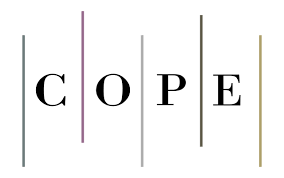
Open Access Policy
Bosques Latitud Cero adheres to the principle of open access, providing all its content freely and immediately to the public. This policy promotes the global exchange of knowledge, allowing any user to read, download, copy, distribute, print, search, or link to the full texts of articles without restrictions or the need for prior permission from the editor or author. This practice aligns with the definition of open access established by the Budapest Open Access Initiative (BOAI), which promotes the free availability of peer-reviewed scientific literature on the internet, allowing its legal use without financial, legal, or technical barriers, ensuring immediate and free access to all its articles without imposing embargoes.
All works published in the journal are licensed under the Creative Commons Attribution-NonCommercial-ShareAlike 4.0 International License (CC BY-NC-SA 4.0), which allows third parties to share and adapt the material, provided that proper credit is given, the use is non-commercial, and any derivative works are shared under the same license.
- Publication Fees
The journal does not charge any fees, costs, or rates at any stage of the editorial process, including peer review and formatting. This ensures that authors can publish their research without incurring costs, promoting the free dissemination of knowledge.
- Funding and Sponsorship
Bosques Latitud Cero is fully funded by the Universidad Nacional de Loja and does not accept financial contributions from private organizations or from authors themselves. This policy ensures editorial independence and quality in the editorial process, avoiding potential conflicts of interest and ensuring the integrity of published content.
- Advertising
The journal Bosques Latitud Cero, as a public academic publication edited by the National University of Loja, does not accept the inclusion of commercial advertising on its website or in its published issues. Likewise, the journal does not consider the contracting of advertising spaces on external platforms. We promote the dissemination of scientific knowledge exclusively through open academic channels, ensuring editorial independence and transparency.
- Authors' Commitment
By submitting an article, authors agree to fully comply with the journal’s editorial process, ensuring the originality of their work and its contribution to the advancement of knowledge in the areas of interest covered by the journal. The authors agree that, if accepted, the article will be published in open access, in accordance with the journal’s editorial guidelines and the institutional publication license, authorizing its dissemination, reproduction, and archiving in digital platforms and repositories without affecting their moral rights as authors.
This open access policy reflects Bosques Latitud Cero’s commitment to the wide and unrestricted dissemination of scientific knowledge, in line with international best practices and contributing to the development of a more equitable and accessible global academic community.
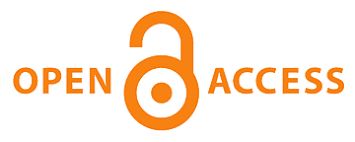
Copyright and Intellectual Property
Bosques Latitud Cero, authors submitting articles explicitly declare that the content of their work is original, unpublished, and has not been submitted or is not under review by another journal. They also assume full responsibility for the accuracy of the data, the authenticity of the cited sources, and compliance with copyright regulations for any material included in their manuscripts.
Authors guarantee that their work does not infringe upon the intellectual property rights of third parties and accept full responsibility for any such violations. The journal and its publisher are not responsible for the opinions, results, interpretations, or statements presented in published articles; these are the sole responsibility of the authors.
Authors retain rights. Authors who publish in Bosques Latitud Cero retain full moral and property rights to their works. The journal does not require exclusive assignment of rights, but rather requests a non-exclusive publication license under the established terms of use.
Use license. The journal adopts the Creative Commons Attribution-NonCommercial-ShareAlike 4.0 International License (CC BY-NC-SA 4.0). Under this license:
- Authors retain the copyright of their works.
- Articles may be copied, distributed, and adapted in any medium, provided appropriate credit is given to the author and the original source.
- Commercial use of the content is not permitted without the prior consent of the author.
- Any derivative works must be shared under the same license.
Subsequent use and distribution. Authors who publish in the journal Bosques Latitud Cero have full freedom to archive, share, and reuse their articles in various academic and dissemination platforms. This includes deposit in institutional or thematic repositories such as Zenodo, REDIB, SciELO, among others, provided that the original source of publication is properly cited.
Third-party content. Any content (figures, tables, images, or textual excerpts) that is not the author's own must have the explicit permission of the rights holder or be under a license compatible with that of the journal. In such cases, the source and appropriate credits must be clearly indicated.
By submitting a manuscript, authors accept this policy, acknowledging that Bosques Latitud Cero is not responsible for any legal claims related to the article’s content, including cases of plagiarism, defamation, data misuse, or infringement of legal rights.
This ethical commitment reinforces the principles of transparency, respect for authorship, and open access to knowledge, promoting responsible, collaborative, and freely accessible science.
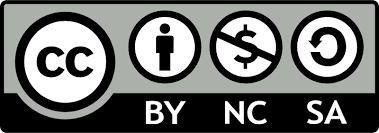
Preservation Policy
Bosques Latitud Cero, we are committed to ensuring the digital preservation and long-term accessibility of all published content, guaranteeing its continued availability to the scientific community, academia, and society at large.
To achieve this goal, the journal implements a comprehensive preservation strategy that includes:
- Regular backups, supported by the Universidad Nacional de Loja, which performs weekly incremental backups and full monthly backups of the journal’s storage.
- Periodic technical reviews to ensure the integrity and readability of digital files.
- Format migration, when necessary, to ensure future technological compatibility and to prevent file obsolescence.
- Integration with indexing services, enhancing both the visibility and protection of the content.
In addition, the journal is affiliated with specialized digital preservation networks such as:
- PKP Preservation Network (PKP PN): a network that allows secure archiving of journals using the Open Journal Systems (OJS) platform.
- LOCKSS (Lots of Copies Keep Stuff Safe) and CLOCKSS (Controlled Lots of Copies Keep Stuff Safe): distributed storage systems that ensure multiple copies of the content, protecting it against loss or alteration.
These measures reflect our commitment to the durability, security, and integrity of scientific knowledge, ensuring that the articles published in Bosques Latitud Cero remain permanently available and protected, regardless of technological or structural changes.
Interoperability Protocol
Bosques Latitud Cero is published online using the Open Journal Systems (OJS v. 3.3.0.20) platform. This system incorporates the OAI-PMH (Open Archive Initiative – Protocol for Metadata Harvesting) interoperability protocol, which enables the metadata of published content to be easily and automatically harvested by other storage and distribution systems, such as indexing databases, abstracts and cataloging services, digital repositories, and harvesters. This facilitates greater preservation, visibility, dissemination, and transmission of digital content.
Protocol: OAI-PMH Versión 2.0
Metadata format: Dublin Core
Harvester base URL: https://revistas.unl.edu.ec/index.php/bosques/oai
Metadata
Bosques Latitud Cero manages its publications through the Open Journal Systems (OJS) platform, which enables the creation, management, and interoperability of metadata according to international standards such as Dublin Core and ISO 15836:2009.
Metadata refers to structured information that describes key elements of a manuscript, such as the title, authors, affiliations, abstract, keywords, submission and publication dates, among others. This information is provided by authors during the article submission process and is essential for:
- Facilitating the search, retrieval, and display of content within the journal.
- Enabling interoperability with indexing databases, digital repositories, academic libraries, and search engines.
- Contributing to the dissemination, visibility, and impact of published scientific works.
Metadata is automatically harvested by aggregators and harvesters through the OAI-PMH protocol, ensuring that articles can be accessed across various systems of storage, preservation, and distribution of scientific information.
Bosques Latitud Cero promotes the accurate and responsible use of metadata and encourages authors to enter this information with precision and rigor, ensuring proper representation across various knowledge dissemination platforms.
Article Citation
To facilitate accurate referencing of articles published in Bosques Latitud Cero, we provide the recommended citation format based on APA 7th edition guidelines.
Citation format:
Last Name, A., Last Name, B., and Last Name, C. (Year). Title of the article. Journal name in italic, volume(issue), page range. https://doi.org/xxxxx
Example:
Gonzalez Valdiviezo, K., Eguiguren, P., & Homeier, J. (2025). Variación altitudinal del contenido de carbono aéreo de bosques secos tropicales en la Reserva Natural Laipuna al sur de Ecuador. Bosques Latitud Cero, 15(1), 31–43. https://doi.org/10.54753/blc.v15i1.2089
Citation breakdown:
- Authors: List last names and initials, separated by commas.
- Year: In parentheses, followed by a period.
- Title of the article: Only the first word and proper nouns capitalized.
- Journal name: In italics, with significant words capitalized.
- Volume and issue: Volume issue in parentheses, followed by a comma.
- Pages: Full range, separated by a dash.
- DOI: Provided as a complete hyperlink.
This format ensures proper indexing, visibility, and interoperability in academic systems, scientific databases, and reference management tools such as Zotero, Mendeley, and EndNote.
Editorial Publisher
Editorial Publisher Universidad Nacional de Loja
Address: “Reinaldo Espinosa” Herbarium, FARNR
University Campus “Guillermo Falconí Espinosa”
Pío Jaramillo Alvarado Ave. and Reinaldo Espinoza Ave., La Argelia, Loja – Ecuador. Postal Code: 110111
Phone: (+593) 7 2547 275 – Email: boqueslatitudcero@unl.edu.ec – Website: www.unl.edu.ec



